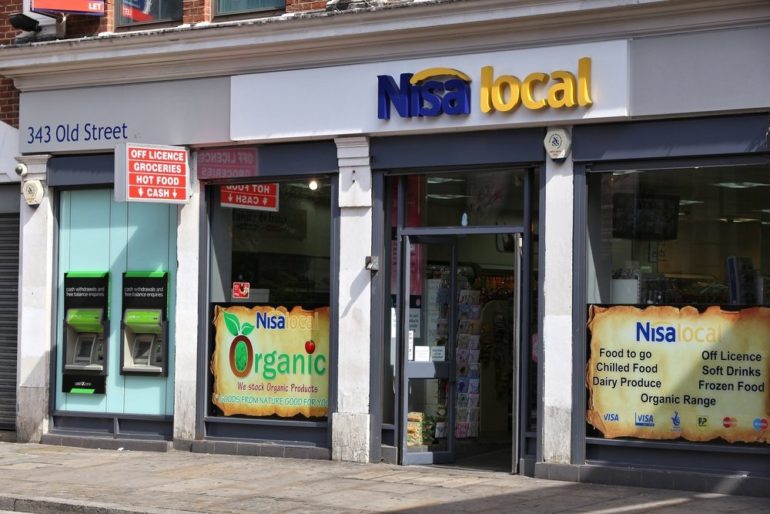Sainsbury’s is shelving making a £130m bid for convenience chain Nisa until the UK’s competition watchdog has ruled on Tesco’s £3.7bn takeover of Booker in late October, according to insiders.
It is understood the supermarket ended exclusive talks with Nisa last Friday following increasing concerns about how the Competition and Markets Authority (CMA) was assessing rival Tesco’s swoop on Booker, the Telegraph reports.
A source said that “Sainsbury’s has decided to pause discussions with Nisa until it better understands how the CMA would review any deal”.
The CMA is due to rule on Tesco’s takeover of Booker by October 26. Industry experts had seen Sainsbury’s swoop for Nisa as a direct reaction to Tesco’s looming assault on the wholesale market.
Since exclusive talks with Sainsbury’s ended, it is understood that the Co-op has returned to the bidding process and has expressed an interest in buying Nisa.
In a message to Nisa members, seen by The Telegraph, Nisa chairman Peter Hartley said that “Sainsbury’s have made it clear they remain interested in continuing to work with Nisa and potentially making an offer for the company, but they have informed us that they do not feel sufficiently comfortable to do so until they have greater clarity over the evolving regulatory and competition considerations”.
“The Board of Nisa continues to review any serious incoming queries and offers in the best interest of its Members, and against the shifting backdrop of the convenience sector,” he added.
Nisa previously chose to enter exclusive talks with Sainsbury’s as the supermarket had not made its deal conditional on Nisa renewing a contract with convenience chain McColls, which accounted for around 35 per cent of Nisa’s sales. Since entering exclusive talks with Sainsbury’s, Nisa has lost the McColls contract to Morrisons, which is ramping up its wholesale dominance.
The loss of the McColls contract was seen as a significant blow to Nisa’s dealmaking chances with Sainsbury’s, although both sides raised the argument that the contract had been loss-making.
The CMA has surprised the industry so far by analysing Tesco and Booker’s dominance of the UK food and convenience market on a much narrower scope than previously thought.
Last month the competition regulator said that the £3.7bn purchase of Booker, which owns the Londis, Budgens, Happy Shopper and Premier convenience shop brands, could damage competition in 350 neighbourhoods.
The CMA then went further by raising concern that the impact of Tesco’s Booker takeover could substantially weaken wholesale rival Palmer & Harvey and threaten its chances of financial survival. Palmer & Harvey relies on Tesco for 40 per cent of its sales currently, but this could be lost as Booker also competes in the market.
The UK wholesale market has been jolted into a frenzied state of consolidation in reaction to Tesco’s Booker deal. As well as Nisa putting itself up for sale, Palmer & Harvey are scrambling for emergency cash while Spar’s biggest owner, AF Blakemore, is exploring selling off its wholesale arm.
Tesco and Booker have previously tried to argue that the deal would not lessen competition in the market because Booker does not own its convenience shops as they are owned by franchisees. However, it is increasingly becoming apparent that the CMA does not share that view and is analysing the two companies’ convenience shops on a narrow geographic basis.
Rival retail chains have also lobbied the competition watchdog to show that Booker and Tesco, which already has a 28 per cent share of the UK grocery market, do have influence over their convenience stores and a greater purchasing power will only heighten this.
It is likely that Tesco would have to offload hundreds of convenience shops or its own One Stop convenience chain to secure clearance.
Two of Tesco’s largest shareholders, Artisan and Schroders, have already publicly spoken out in rebellion against the deal and have argued that the move is a distraction away from Tesco’s efforts to restore its core UK supermarket estate to profitability.
Richard Cousins, Tesco’s former senior independent director, also made a shock departure from the retailer’s board in January in protest about the Booker deal.


